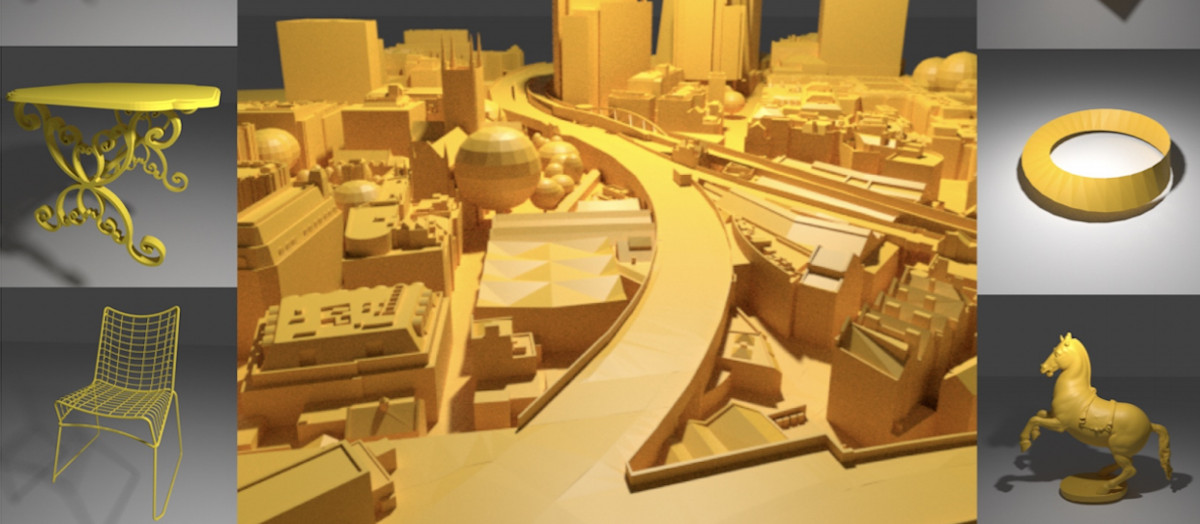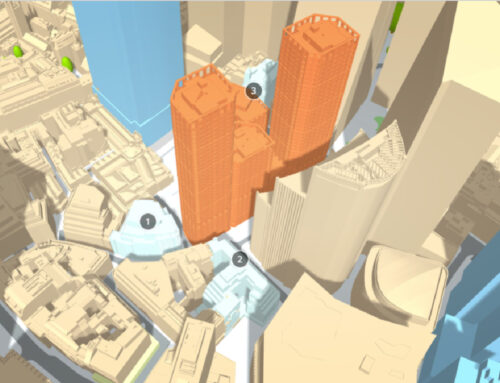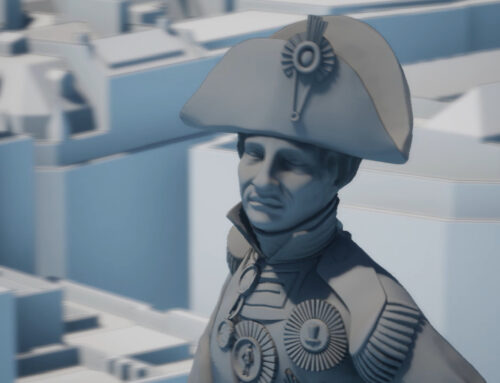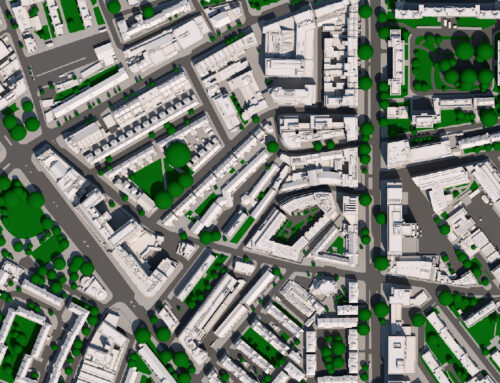Researchers Jingwei Huang (Stanford university), Yichao Zhou (University of California, Berkeley) and Leonidas J. Guibas (Stanford University), working on a project sponsored by Cornell University in New York, presented a project called Manifold Plus. In their paper they developed, tried and tested a method for robust and scalable conversion of triangle soups to watertight manifolds which they made publicly available.
Many computer graphics and/or 3D printing applications require input mesh to be watertight manifolds, but in practise a lot of meshes are designed by professional artists and are often used for visualization purposes. Working on their publication, researchers took advantage of access to free 3D city data and tested various methods on AccuCities 3D London sample dataset, generating accurate watertight meshes ranging from object-level shapes to city-level 3D models.

“We have all been students once and remember how difficult it was to source industry-standard datasets for our school projects. And so since day one we have been strong supporters of student and academic research projects.” said Milo Spisz, the 3D Modelling Lead at AccuCities. “But we make no secret that this cooperation with scholars is part of our business operations as it gives us the opportunity to work with world-class researchers but also to be among the first people to see (and hopefully implement) the results of their research.”
With a detailed study and AccuCities 3D model their experimental evaluation showed that their method is more robust, efficient and accurate than the stare of the art work. Compared to previous methods that have been used, their methodology is much more simpler, and it does not relay face normals out of the input triangle soups and can completely, accurately, fully recover zero volume structures.
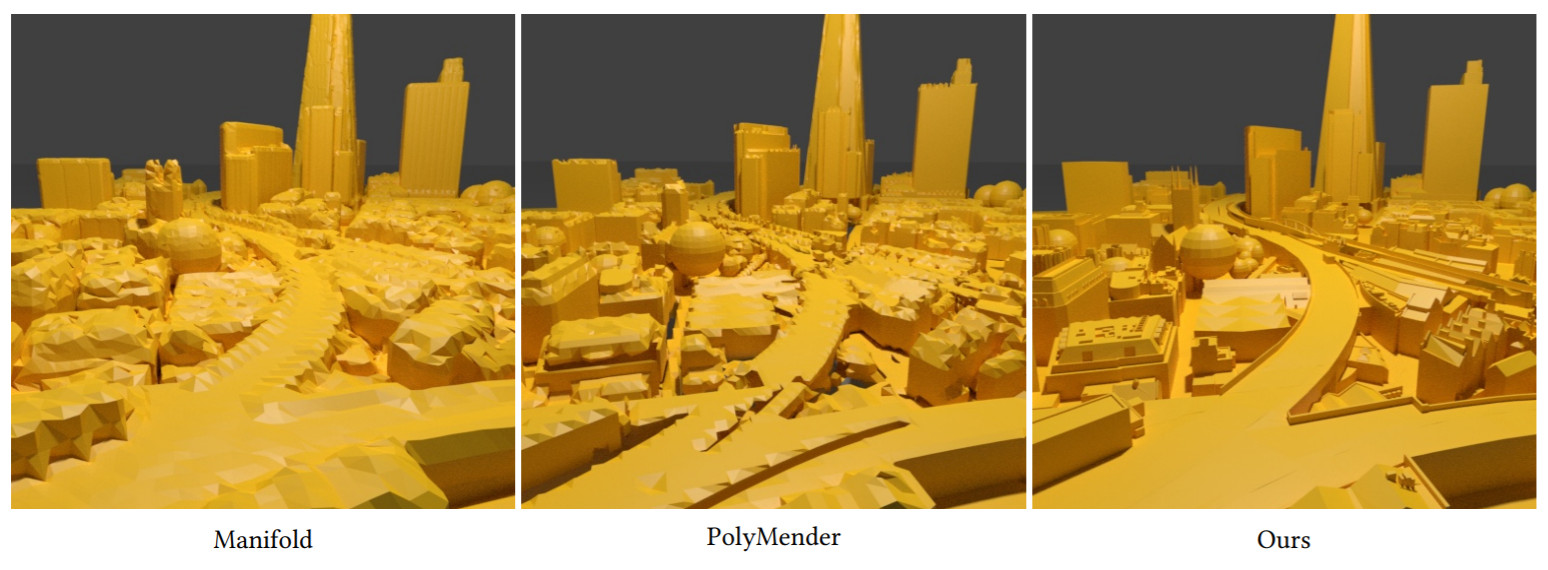
Read the research article:
Huang, J., Zhou, Y., & Guibas, L.J. (2020). ManifoldPlus: A Robust and Scalable Watertight Manifold Surface Generation Method for Triangle Soups. ArXiv, abs/2005.11621. (link)

